Italian food is undoubtedly a beloved cuisine in America. However, “Italian food” has become an umbrella term to describe an Americanized fare that is actually a distant derivative of the real stuff back in the boot-shaped country.
We as Americans erroneously conceptualize Italian fare as a single cuisine that is enjoyed throughout Italy in its entirety. Italy may be small, but each of its twenty regions boasts a very distinct, yet equally delicious, cuisine. Just know that chicken parm comes from the twenty-first Italian region of New York City.
Abruzzo

Photo by Megan Prendergast
Abruzzo is a very rural region, so it’s no surprise that the staples of Abruzzese cuisine include meat dishes like lamb ragu or goat, as well as simple pasta dishes heavily seasoned with spices like chili flakes or saffron.
Aosta Valley
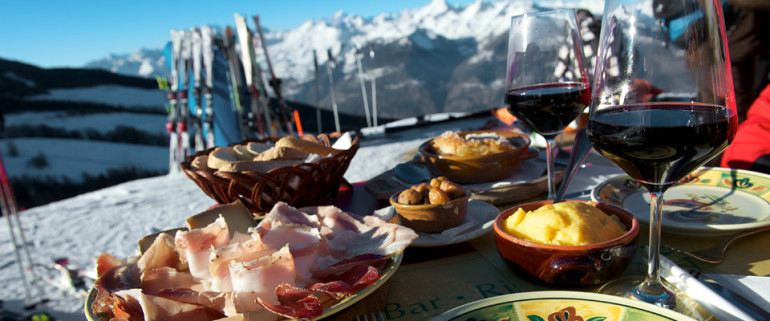
Photo courtesy of Paolo Rey via aosta-valley.co.uk
The food in this tiny northwest region reflects its mountainous terrain. The Alpine climate in Aosta is much colder than other Italian regions, so it’s not uncommon to find many soups and hearty dishes like carbonnade, a Flemish stew made from salt-cured meat, wine, and spices. Most Aostans feast on some type of starch (not pasta), cured meat, and local fontina cheese.
Apulia
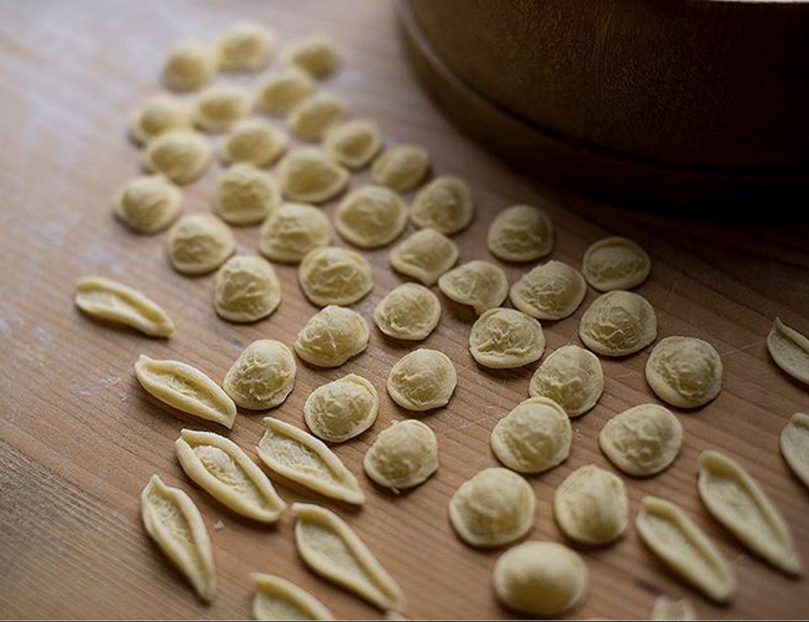
Photo courtesy of @especiallypuglia on Instagram
Apulia is the famous heel of the Italian peninsula and boasts miles of beautiful coastline. While there is good seafood to be had in Apulia, it only makes up a small percentage of the typical Puglian diet. Instead, this cooking style follows a “cucina povera,” or poor kitchen, style. A typical Puglian dinner will feature lots of good bread (as with any southern Italian meal) followed by a simple orecchiette pasta tossed with local olive oil and anything from broccoli rabe to mushrooms, tomatoes, or sausage.
Basilicata
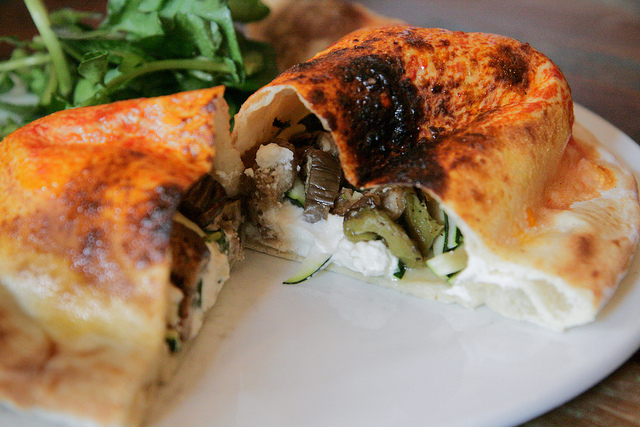
Photo courtesy of Flickr user Alexis Lamster
Located in the “arch” of the boot, Basilicata’s cuisine is all about utilizing seasonal produce, locally raised livestock, and (for the towns along the coast) the catch of the day. Many dishes feature a local favorite Lucanica sausage, but on any given day a typical Lucano (a person from Basilicata) will chow down on a calzone di verdure made with chard, peppers and raisins. Now order that from your local pizzeria.
Calabria
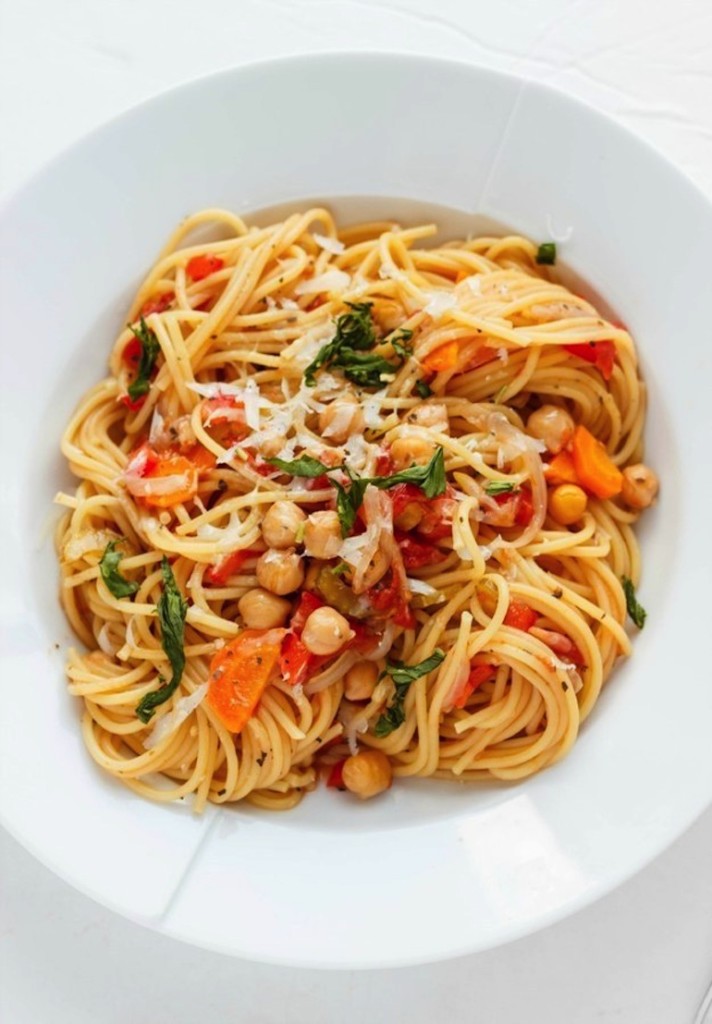
Photo courtesy of Kacey via thecookiewriter.com
Calabria, also known as the toe of the boot, is a very agrarian area that produces top-notch olive oils amongst other crops like onions, capers, and eggplant. Like much of the Mezzogiorno (southern Italy), Calabria is less industrialized than the north and has a longstanding tradition of simple yet delicious “peasant fare.” One of the most popular dishes is Lagane e cicciari, a pasta dish made with chickpeas, garlic, and olive oil.
Campania
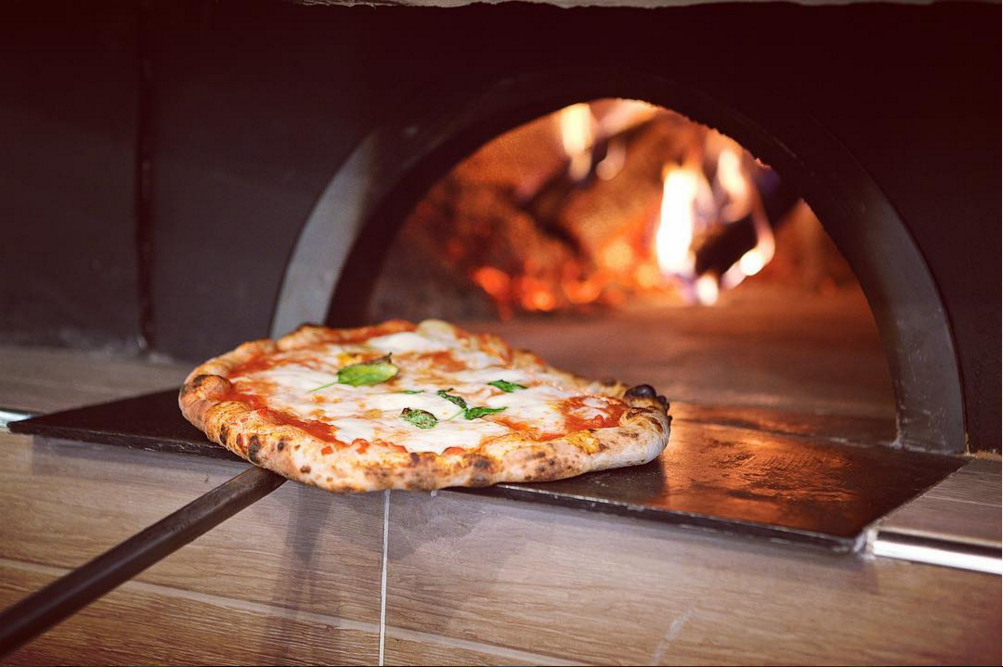
Photo courtesy of @zioprovolone on Instagram
Campania is home to the Amalfi Coast, which is known for its large lemon trees and addicting after dinner drink limoncello. But know what else Campania is home to? Pizza. That’s right, Naples is the region’s largest city and is the birthplace of everyone’s – Italian or not – favorite food. Eat like a Napolitano and order a simple pizza margherita with fresh mozzarella, tomato sauce, and fresh basil.
Emilia Romagna
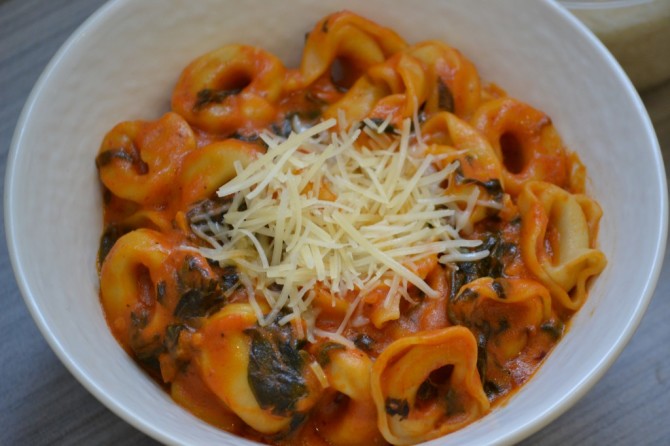
Photo by Neelima Agrawal
You may know this region thanks to the Netflix series Chef’s Table, which features Massimo Bottura’s Osteria Francescana. This is no mere coincidence that the third-best restaurant in the world is located in Emilia Romagna: this is geographically and culinarily at the heart of Italian cuisine (think prosciutto di Parma and Parmigiano-Reggiano). One of the region’s claims to fame is tortellini, a mini pasta dumpling typically stuffed with a cheese blend.
Friuli Venezia Giulia
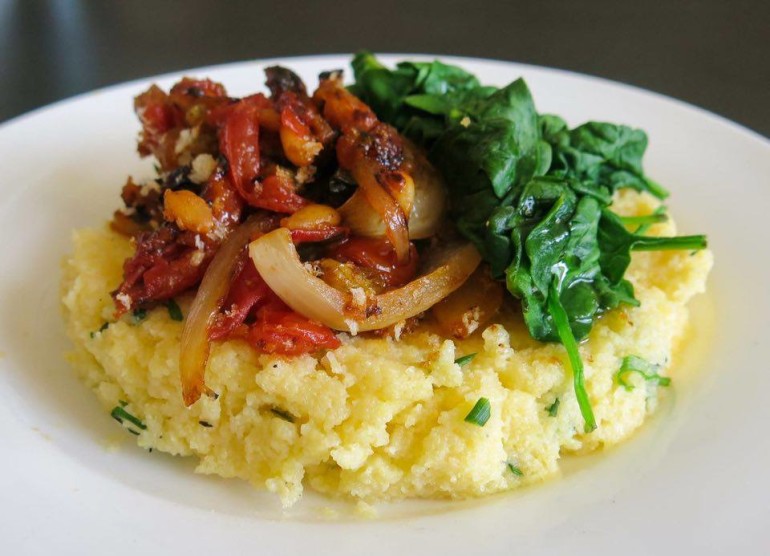
Photo by Keri Gawlik
The food in this northwest region is heavily influenced by Austrian and Slavic cuisines, but it is also known for Italian specialties like the world renown prosciutto di San Daniele. For dinner expect a pretty straightforward but filling polenta dish made with milk, cheese, veggies, and cured meats. Save room for a frico, a baked cheese wafer.
Lazio
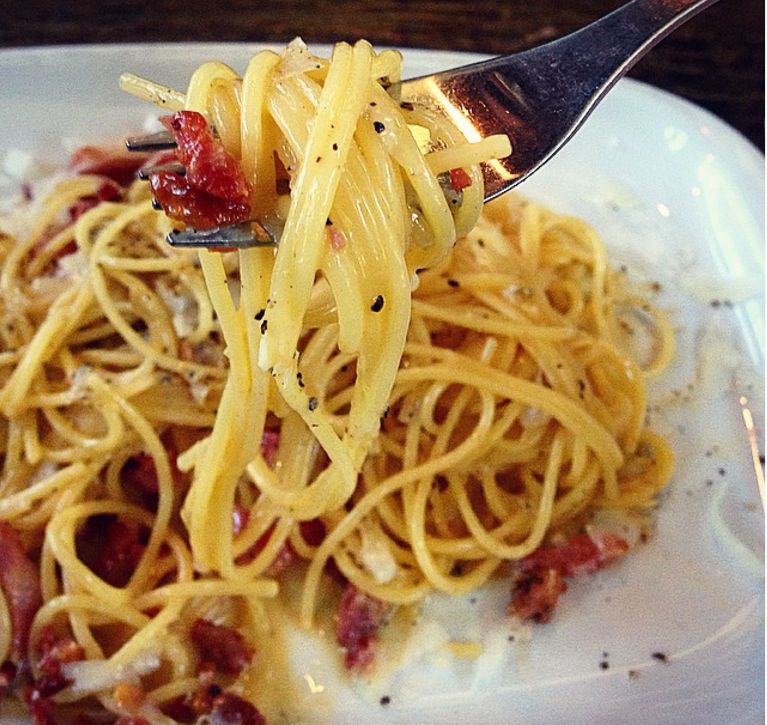
Photo by Emily Hu
This region may best be known as the home of the nation’s largest city of Rome. At the core of Roman food are four main dishes: pasta carbonara, cacio e pepe, amatriciana, and gricia. Carbonara is commonly found on menus in the States, but is very rarely executed. The philosophy behind Roman food, like that of most regions, is less is more. A perfect carbonara should be nothing more than eggs, guanciale, and pecorino romano cheese. Anything else and it’s not the real deal.
Liguria

Photo by Christian Urso
Liguria is a small but well-known region on the northern coast of Italy. A lot of good seafood dishes hail from Liguria, but the quintessential food here is pesto alla Genovese, which gets its name from the port city of Genoa. Pesto sauce is wildly popular here in the States, so go ahead and enjoy a big bowl of it – it’s authentic, after all.
Lombardy

Photo by Caty Schnack
This northern region, home to the cosmopolitan city of Milan, is a pretty expansive geographic area with dishes ranging from veal milanese to polenta cakes to Osso Bucco. While potato gnocchi are a popular alternative to pasta throughout northern Italy, Lombardy is often accredited with its origin.
Marche

Photo by Katherine Lim
Located on the eastern coast of Italy, Marche is a region whose cuisine is influenced by its neighboring areas and the Adriatic Sea. Typical dishes near the coast include tagliatelle pasta with frutti di mare, as well as assorted fish soups.
Molise
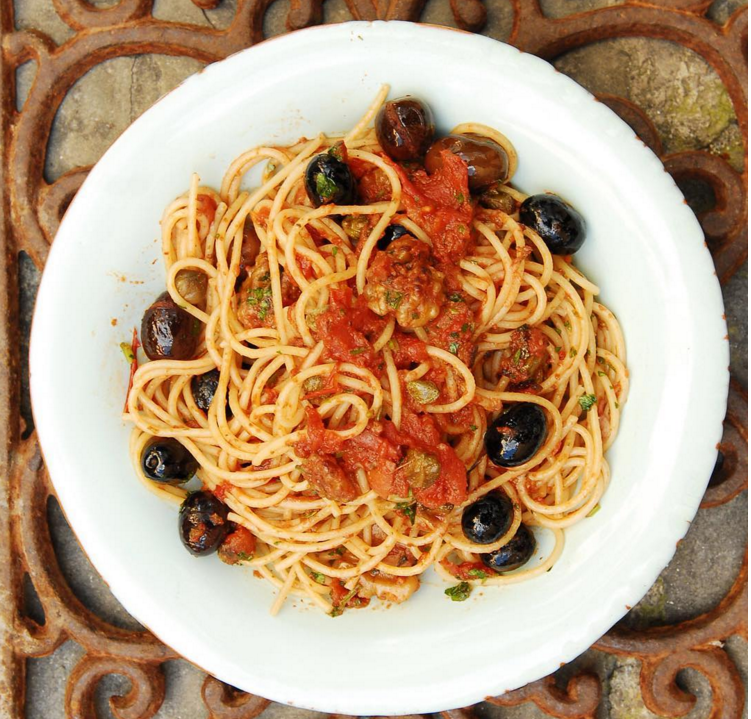
Photo courtesy of @davidroccosvita on Instagram
Molise similarly boasts a distinctive melting pot of a cuisine due to influences from neighboring regions as well as Sicily. A lot of dishes are topped with sheep’s milk cheese such as caciocavallo, which is also popular throughout Sicily. A very common dinner here is spaghetti with anchovies, tomatoes, red pepper flakes and lots of fresh herbs.
Piedmont
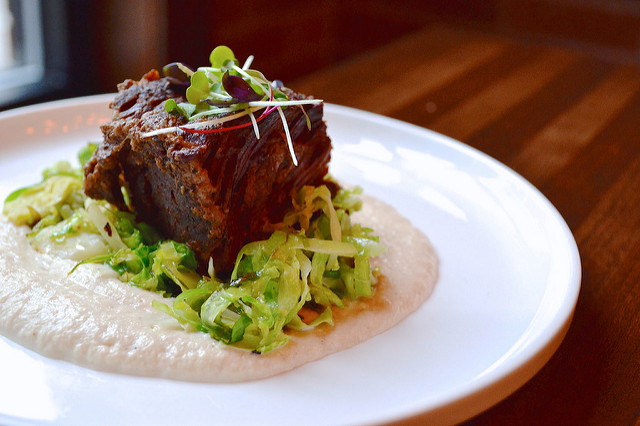
Photo by Han Shi
As of late a progressive culinary movement has swept across this region in cities like Torino to reinvent Piedmontese fare. At the core of this cuisine, though, is a beautiful marriage of the region’s local resources and its world renown wines such as Barolo and Barbaresco. A prime example is the brassato al barolo, a tougher cut of meat that is braised in Barolo wine for hours until it melts in your mouth.
Sardinia
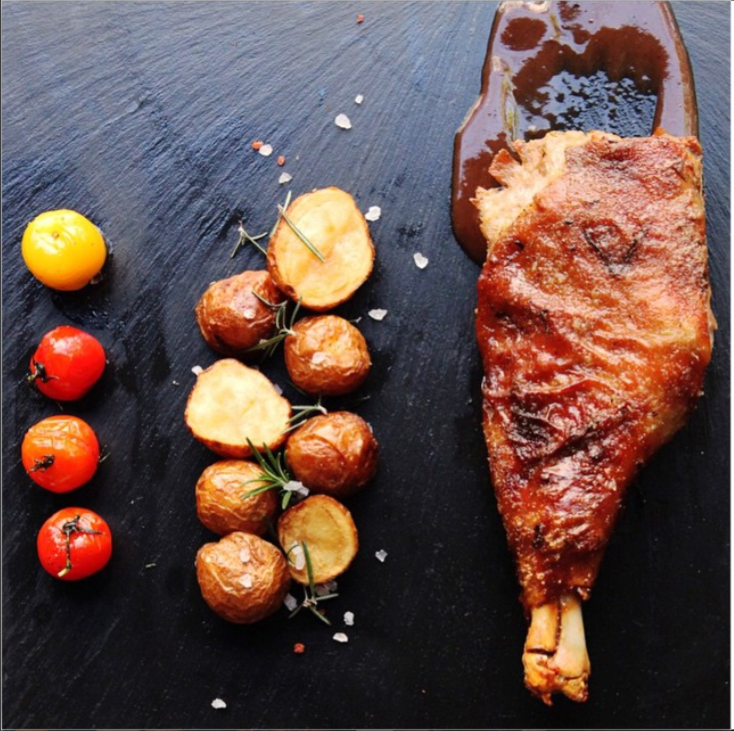
Photo courtesy of @foodiecollection on Instagram
You would think Sardinian food would be predominantly seafood since it boasts some of the most beautiful beaches in the Mediterranean. Interestingly the island’s cuisine is most famously known for its meats and sheep’s milk-based dishes, thanks to the vast expanses of farmland and large population of shepherds found inland. Throughout Sardinia you will find some of the best maialetto, or roasted piglet. Also common are hearty dishes served with hearth baked breads, and grain dishes made with fregola.
Sicily
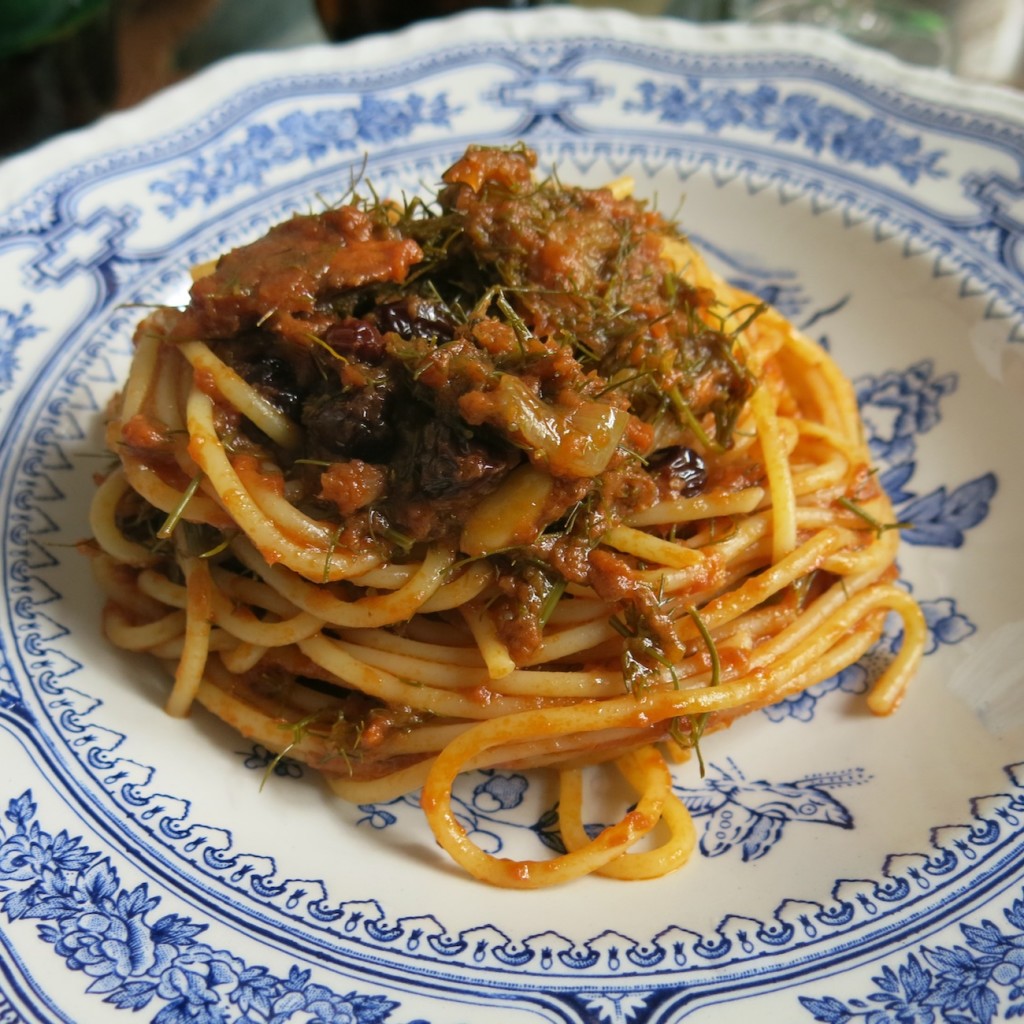
Photo by Keri Gawlik
Unlike Sardinia, Italy’s other island relies heavily on the fruits of the sea. Walk around any local market or harbor and you will find fishermen selling their morning’s catch (usually tuna or swordfish) at ridiculously low prices. While Sicilians love their pasta alla norma, made with eggplant, tomato, and ricotta salata, its most special dish is pasta con le sarde made with sardines, fennels, capers, pine nuts, and raisins.
Trentino-Alto Adige
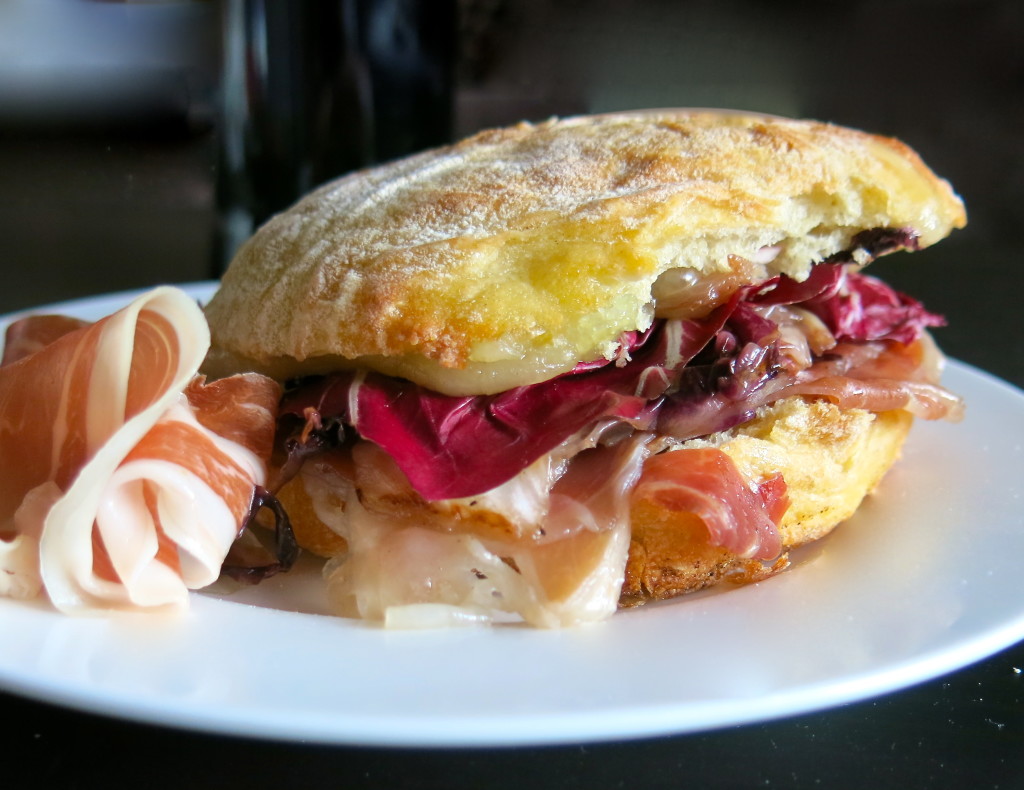
Photo by Keri Gawlik
Tucked away in the far northeastern corner of Italy, Trentino-Alto Adige actually draws in heavy influence from central European cuisines, as evidenced by the popularity of goulash there. The region still maintains Italian influence along the Veneto border, where a typical dinner may simply consist of radicchio and speck.
Tuscany
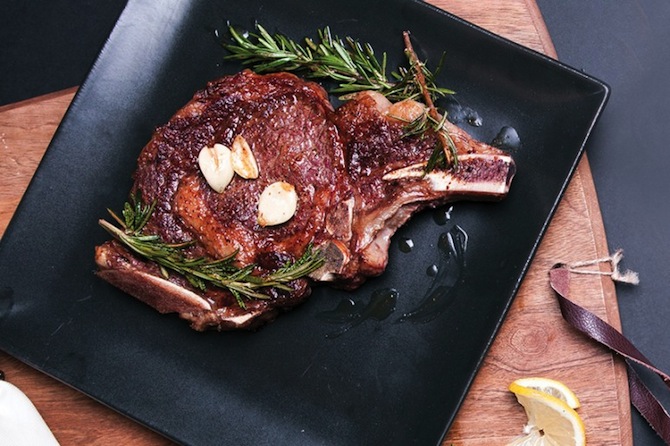
Photo by Daniel Schuleman
Most people associate Tuscany with good wine, and understandably so thanks to the greatness that is Brunello di Montalcino. Don’t overlook Tuscan food, though, as it’s defined by lots of hearty dishes and cured meats. Tuscany’s largest city of Florence is known for its behemoth bistecca alla Fiorentina.
Umbria
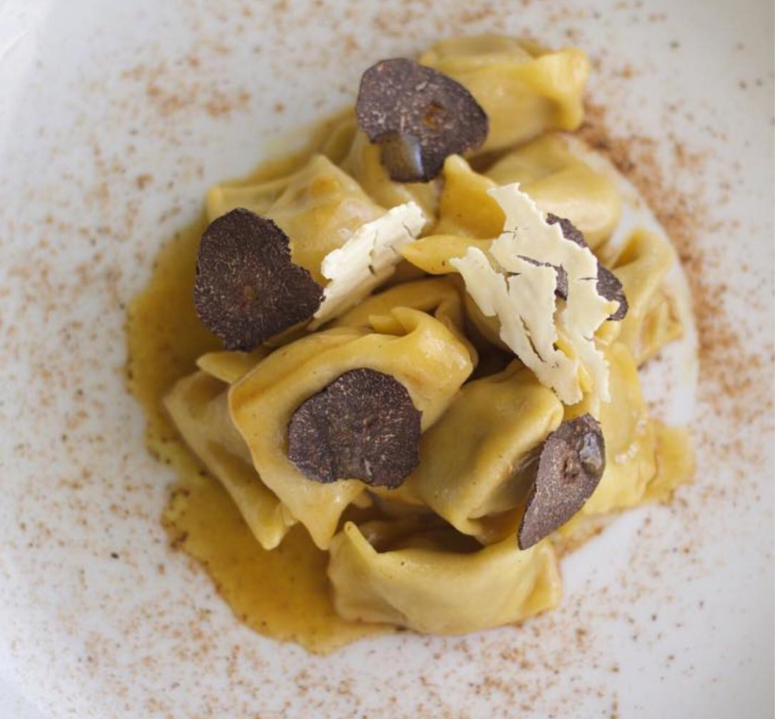
Photo courtesy of @truffle.italia on Instagram
Umbria is a landlocked region home to endless estates of vineyards and farmland. Culinarily Umbria’s claim to fame is the prized tartufo, or truffle. Umbrians put them on pretty much everything: pasta, crostini, risotto, you name it. For the more adventurous eaters, don’t miss out on chicken liver pâté topped with shaved black truffle.
Veneto
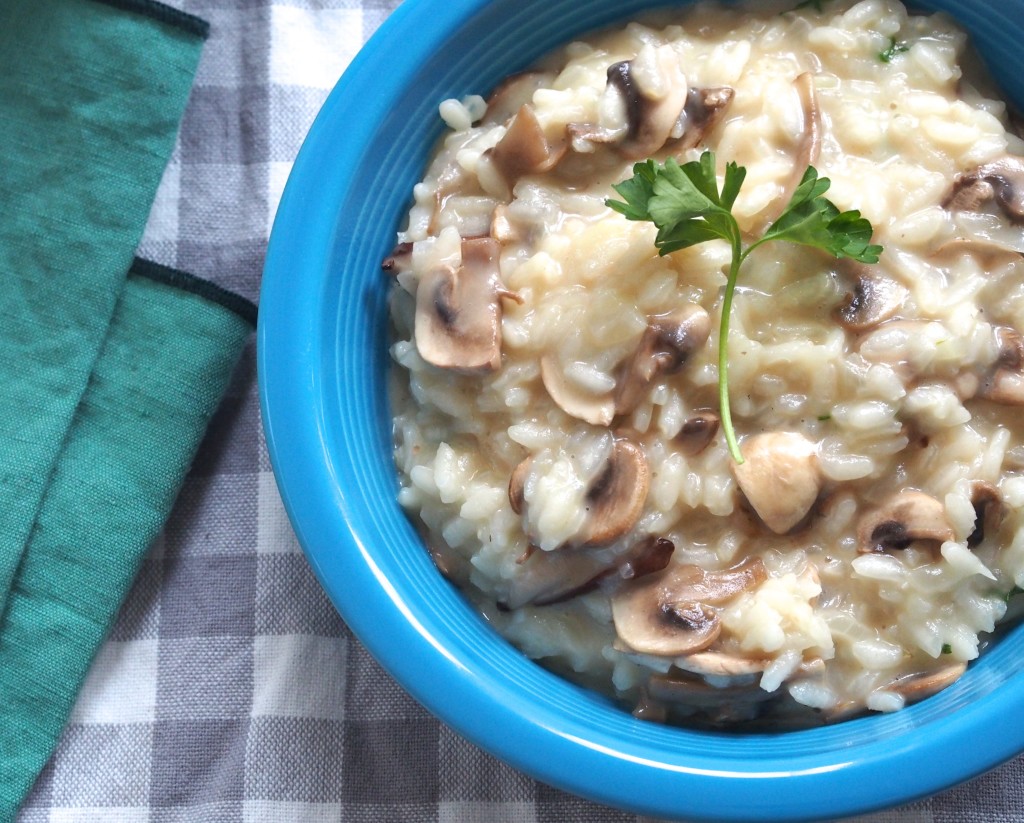
Photo by Emily Hu
Home to the city of Venice, Veneto offers some more unconventional protein options such as horse meat. Similarly to other northern regions, the starch du jour of Veneto is not pasta, but rice. Risotto is the star dish of the region, and while the mix-ins may vary by province and chef, it will always be creamy and perfectly cooked.

